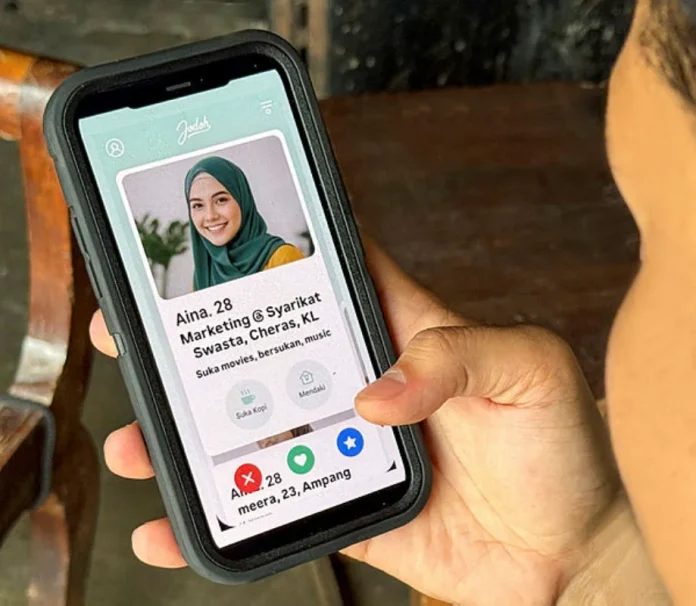Safeguards, age verification mechanisms not working to prevent exposure to children: Group
PETALING JAYA: Child protection advocates have sounded the alarm over how easily Malaysian children are entering online adult spaces, warning that existing safeguards and digital literacy efforts are failing to keep pace with technology.
According to Protect and Save the Children (P.S. the Children), the concern resurfaced after a recent podcast discussion revealed that a 12-year-old boy had managed to create a dating app account and scam an adult, an example the organisation said reflects the depth of Malaysia’s online safety gap.
“When a 12-year-old can create a dating app account and scam an adult, it shows that current safeguards and age verification mechanisms are simply not working,” the organisation said.
“It also reveals how far ahead children are in navigating the digital world, often without the emotional or moral readiness to handle what they encounter.”
The organisation said the incident underscores how grooming, fraud and exploitation are infiltrating digital platforms that were never designed for children.
“Many parents think they know what their children do online, but the reality is that kids are often several steps ahead,” it said.
“Despite their tech-savviness, most lack the emotional and ethical maturity to navigate these spaces safely.”
P.S. the Children warned that young users are imitating adult behaviour online without understanding the consequences, leaving them both vulnerable and capable of causing harm.
“Children are becoming digitally mature faster than they are emotionally ready,” it said, stressing that this exposes them to serious risks in adult environments.
To close these gaps, the organisation called for inclusive, evidence-based digital literacy programmes to be introduced nationwide – from preschool to secondary level – ensuring equal access for children with disabilities, and those in remote areas and from marginalised backgrounds.
The proposed curriculum should cover sexual and reproductive health and rights, grooming, privacy, scams, online boundaries and help-seeking behaviour.
“We must educate children in ways that make sense to them , using their language, their platforms and their realities,” it said.
P.S. the Children also highlighted a widening digital gap between parents and children, saying many caregivers mistakenly assume that tech-savvy youngsters are emotionally equipped to handle what they encounter online.
It added parents should receive digital literacy and child protection training, including the use of parental controls, family digital use agreements and open, non-judgemental discussions about online experiences.
“Caregivers must also be able to recognise signs of exploitation or abuse and understand Malaysia’s mandatory reporting laws and support pathways.”
While Malaysia’s Online Safety Act 2024 has introduced new mechanisms to regulate digital platforms, P.S. the Children said enforcement must go further. It urged the Malaysian Communications and Multimedia Commission (MCMC) and CyberSecurity Malaysia to set up dedicated child protection units to monitor compliance and strengthen oversight.
“These agencies must integrate child rights and protection frameworks into their policies and operations,” it said.
“That includes effective age verification systems, stronger monitoring of telcos and internet service providers and a single, child-friendly reporting channel linked to social workers, police and support agencies.”
It said Malaysia already has strong legal frameworks through the Child Act, Sexual Offences Against Children Act and Anti-Sexual Harassment Act but enforcement, coordination and accountability must be improved.
P.S. the Children said online safety is not about restricting access to technology but about creating safer, empowering digital spaces.








